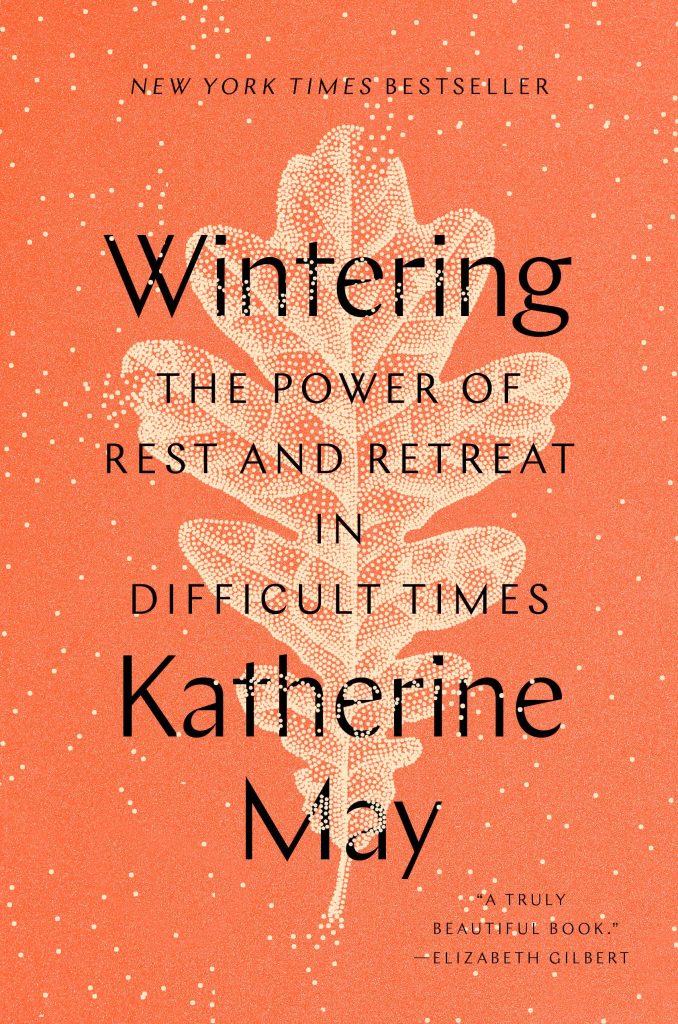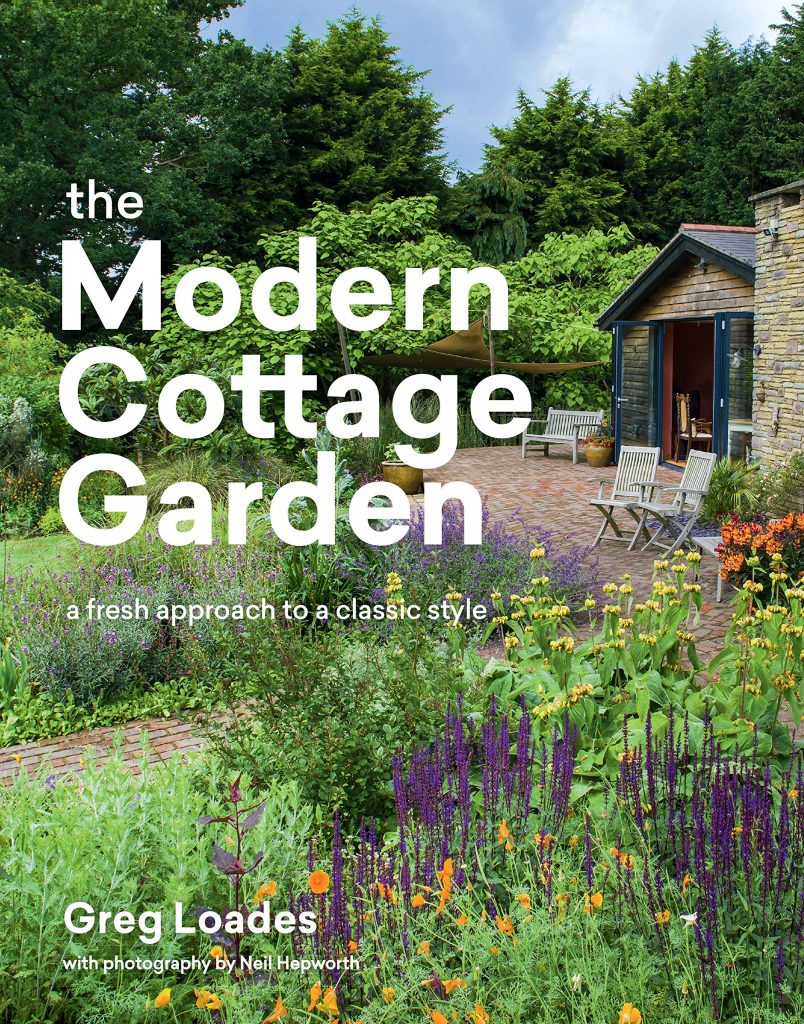Post-holiday season, it’s tempting to let the winter blues get the best of us. Particularly in the wake of yet another covid winter and yet another sombre New Years. There’s something particularly, poignantly sad about canceling the celebration of a new year, isn’t there? Before the holiday season began, as the days got darker and the weather grew colder, I checked out the audiobook of Wintering: The Power of Rest and Retreat in Difficult Times by British writer Katherine May. I listened to it as I walked through a wooded path after the first snowfall of the season.
The UK focus of the book did give me pause, I admit. “Oh, my sweet summer child,” I thought, quoting Old Nan, “what do you know about winter?” But May’s concept of “wintering” transcends the season itself and is also applied to the dark, low “winter” periods of life. Just as winter is an annual, perhaps unwelcome visitor, so too are these low periods. Wintering was written before the pandemic hit, but its timing could not have been better. Published in December 2020, the ongoing pandemic has given the book a striking relevance that May could not have anticipated while writing it.
May’s quest to learn the wintering habits of cultures with harsher climates than that of mild England takes her to neighbouring Nordic countries like Iceland, Norway, and Finland. Countries whose people, while far from rejoicing in the waning light, have found ways to embrace the darkness (the Danes introduced us to the concept of hygge, after all). There are passages dedicated to Christmastime rituals like Sweden’s candlelit Sankta Lucia ceremony, as well as neo-Paganistic rituals closer to home like the Druid celebrations at Stonehenge, ringing in the new year by watching the sun rise over the ancient monument. The chapters are structured according to the calendar, from October to March, with subheadings such as “Metamorphosis”, “Midwinter”, “Epiphany”, and “Thaw” as guideposts. Throughout these chapters, May discusses sometimes her own personal crises (how should one adequately prepare for recurring bouts of depression?) while also taking meandering dips into nature writing, looking to the life cycles of beehives and the hibernation habits of adorable, disappearing dormice for inspiration on how to handle the ups and inevitable downs of our own lives.
Continue reading
